Some bands are happy to follow musical trends. Others are determined to set themselves apart from the crowd. 40 Shillings On The Drum is very much in the latter category, as keyboard player Seb Cole explains. “We want to take a new stance on rock music or folk music and give it a new direction.”
The band is heading into Lewes – familiar territory for former Sussex Downs College student Seb – as part of the Fading Sun festival at The Dorset Inn on 8th, 9th and 10th September. It’s the fourth year for the free festival, which aims to raise money for the St Peter & St James Hospice, the Starfish Youth Music project and Cliffe Bonfire Society.
Although the band’s music is available online, with its latest video receiving more than 25,000 views on Facebook, it’s recently produced a physical EP as well. “I think people prefer something a bit more tangible, something you can hold, look at and put in your car”, Seb says. “There's something nicer about having CDs and vinyl, even though it's less convenient.”
I ask Seb about the way the band recorded its songs. “Nothing's put in or created afterwards”, he reveals. “It's all been people in the studio, recording take after take to get the right one. I'm very much one for ‘if you're not able to play it live to an audience then you shouldn't be adding it in to your music’.”
As well as playing keyboards and singing backing vocals, Seb also co-writes songs for the band with vocalist Daniel Scully. “Sometimes Dan will have written a set of lyrics but he’ll also have in mind the way that the song would go and the melody of his vocal”. This, Seb tells me, is unusual for a lyricist who doesn’t play an instrument. “It means that you can write song after song very quickly. And every now and then, I'll send Dan a piece of music that I've written specifically for the group and he will put words to it in a more conventional manner.”
“We write about where we live, people we know, the experiences that we've had as a group, both good and bad. A lot of the time it's inspiration from the normal day-to-day of what young musicians and bands are going through. Always fighting an uphill battle.”
There’s even a hint of battle in the band’s name. Dan borrowed it from a version of the folk song ‘Over the Hills and Far Away’, which was rewritten by John Tams for the TV drama series Sharpe. “Before my time”, admits Seb. “Dan suggested it - and we were all perfectly happy with that as soon as it was mentioned. It really stands out as being something different.” As does the band.
40 Shillings On The Drum is at The Dorset Inn in the evening of Saturday 9th. 40shillingsonthedrum.uk
First published in Viva Lewes magazine issue 132 September 2017
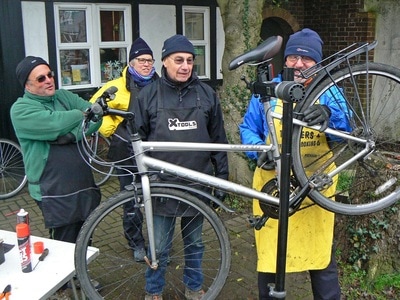
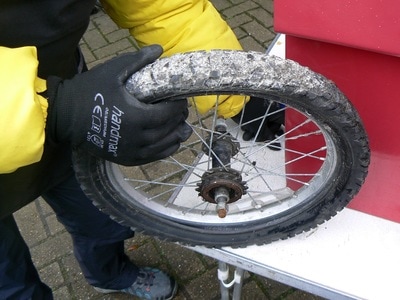
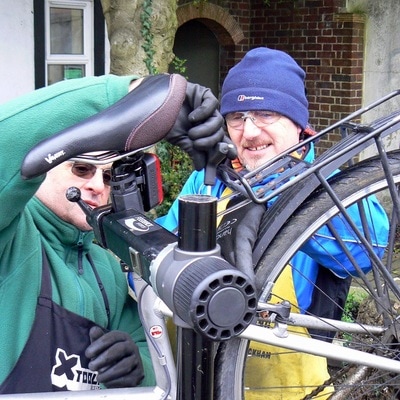
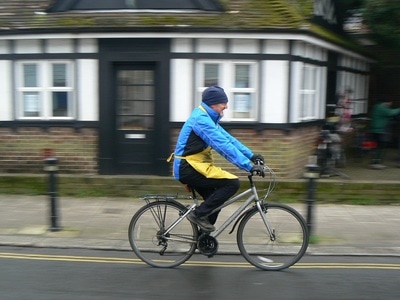

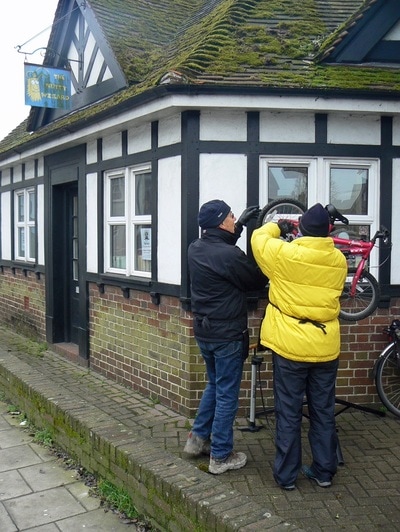
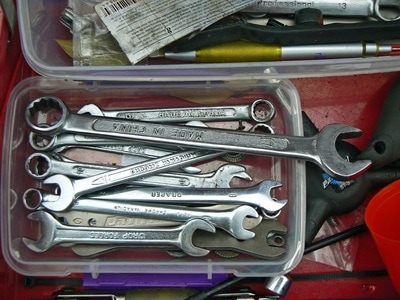
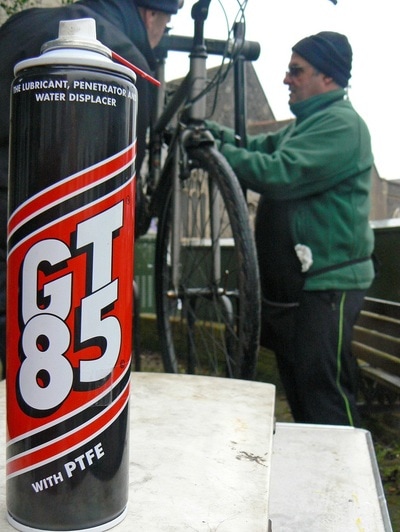
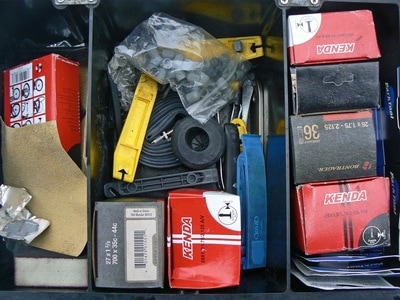




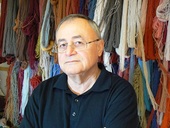

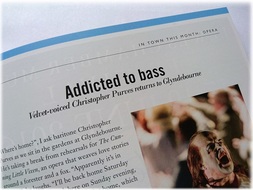
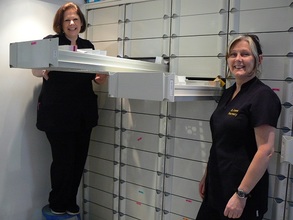
 RSS Feed
RSS Feed
